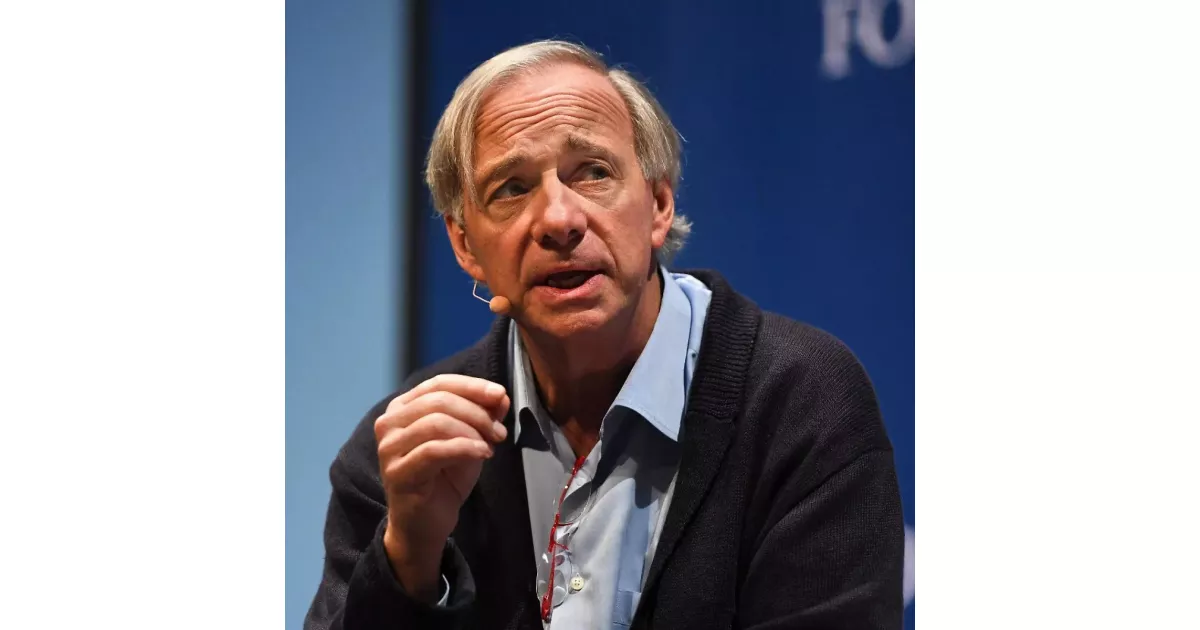Ray Dalio is a billionaire hedge fund manager and the co-chief investment officer of Bridgewater Associates, a company he founded in 1975. Dalio is known for his principles-based approach to both life and investing, emphasizing radical transparency and idea meritocracy within Bridgewater. He advocates for a deep understanding of economic and market cycles, using them to inform investment strategies. Dalio's influence extends beyond finance, with his publications on economics, investing, and management gaining widespread recognition.
1911: Birth of Marino Dallolio
In 1911, Marino Dallolio, the father of Ray Dalio and an Italian-American jazz musician, was born.
August 8, 1949: Raymond Dalio's Birth
On August 8, 1949, Raymond Thomas Dalio was born. He would later become a billionaire and hedge fund manager.
1973: Graduation from Harvard Business School
In 1973, Ray Dalio received his MBA from Harvard Business School.
1974: Fired from Shearson Hayden Stone
In 1974, Ray Dalio was fired from Shearson Hayden Stone after punching his boss in the face at a New Year's Eve party while drunk.
1975: Founded Bridgewater Associates
In 1975, Ray Dalio founded Bridgewater Associates in his two-bedroom New York City apartment.
1979: Birth of Paul Dalio
In 1979, Paul Dalio, Ray Dalio's second son, was born. He is a film director.
1981: Opened Office in Westport, Connecticut
In 1981, Bridgewater Associates opened an office in Westport, Connecticut, where Ray Dalio and his wife wanted to start a family.
1985: Co-Chief Investment Officer
In 1985, Ray Dalio became the co-chief investment officer of Bridgewater Associates.
1987: Profit from Stock Market Crash
In 1987, Ray Dalio became well known outside of Wall Street after turning a profit from the stock market crash.
1991: Launched "Pure Alpha" Strategy
In 1991, Ray Dalio launched Bridgewater's flagship strategy, "Pure Alpha," which represents the excess returns a money manager can create in addition to market returns when adjusted for risk.
1996: Launched All Weather Fund
In 1996, Ray Dalio launched All Weather, a fund that pioneered a steady, low-risk strategy known as risk parity.
2002: Death of Marino Dallolio
In 2002, Marino Dallolio, Ray Dalio's father, passed away.
2005: Bridgewater Becomes Largest Hedge Fund
In 2005, Bridgewater Associates became the world's largest hedge fund.
2007: Bridgewater Predicted Financial Crisis
In 2007, Bridgewater Associates predicted the 2008 financial crisis.
2008: Published "How the Economic Machine Works"
In 2008, Ray Dalio published "How the Economic Machine Works: A Template for Understanding What is Happening Now", an essay assessing the potential of various economies by various criteria.
February 2009: Dalio Used "d-process" Term
In February 2009, Ray Dalio began using the term "d-process" to describe the deleveraging and deflationary process of the subprime mortgage industry and incorporated it into his investment philosophy.
April 2011: Joined the Giving Pledge
In April 2011, Ray Dalio and his wife joined the Giving Pledge, vowing to donate more than half his fortune to charitable causes within his lifetime.
2011: Self-Published "Principles"
In 2011, Ray Dalio self-published a 123-page volume, Principles, that outlines his philosophy of investment and corporate management.
February 2012: TRS Purchased Stake in Bridgewater
In February 2012, the Teacher Retirement System of Texas (TRS) purchased a stake in Bridgewater Associates Intermediate Holdings, LP, for $250 million.
2012: Time 100 List
In 2012, Ray Dalio appeared on the annual Time 100 list of the 100 most influential people in the world.
2013: Bridgewater Listed as Largest Hedge Fund
In 2013, Bridgewater Associates was listed as the largest hedge fund in the world.
2014: Reported Earnings of $1.1 Billion
In 2014, Ray Dalio reportedly earned $1.1 billion, including a share of his firm's management and performance fees, cash compensation, and stock and option awards.
2015: Forbes Estimated Net Worth
In 2015, Forbes estimated Ray Dalio's net worth at $15.4 billion, making him the second-wealthiest hedge fund manager after George Soros.
March 2017: Stepped down as Co-CEO of Bridgewater
In March 2017, Ray Dalio announced that he would step down as co-CEO of Bridgewater Associates.
2017: Publication of "Principles: Life & Work"
In 2017, Ray Dalio authored the book "Principles: Life & Work," which focuses on corporate management and investment philosophy.
2018: OceanX Commitment
In 2018, OceanX, an initiative of the Dalio family, and Bloomberg Philanthropies committed $185 million over four years to protect the oceans.
2018: Published "Principles for Navigating Big Debt Crises"
In 2018, Ray Dalio published "Principles for Navigating Big Debt Crises".
2018: Estimated Compensation of $2 Billion
In 2018, Ray Dalio was estimated to have personally received $2 billion in compensation for the year, after his fund posted a 14.6% return.
March 2019: Named One of Highest-Earning Hedge Fund Managers
In March 2019, Forbes named Ray Dalio one of the highest-earning hedge fund managers and traders.
July 2019: Called for Refinement of Capitalism
In July 2019, Ray Dalio called for the refinement of capitalism and referred to wealth inequality as a national emergency.
2019: Pledge to Connecticut Public Schools
In 2019, Ray Dalio pledged $100 million to Connecticut public schools.
2019: Published "Principles for Success"
In 2019, Ray Dalio published an illustrated version of his book called "Principles for Success."
February 2020: Donation to China's Coronavirus Recovery Efforts
In February 2020, the Dalio Foundation donated $10 million to support China's coronavirus recovery efforts in response to the COVID-19 pandemic.
March 2020: Donation to the State of Connecticut
In March 2020, the Dalio Foundation gave $4 million to the state of Connecticut to fund healthcare and nutrition.
May 2020: Stressed Importance of Reforming Capitalism
In May 2020, Ray Dalio stressed the importance of reforming capitalism, rather than abandoning it.
October 13, 2020: NYP Launched the Dalio Center for Health Justice
On October 13, 2020, NYP launched the Dalio Center for Health Justice with a gift of $50 million.
October 2020: Cautioned About China's Rise
In October 2020, Ray Dalio cautioned people to not be blind to China's rise, arguing that it had continued to emerge as a global superpower.
2020: Death of Devon Dalio
In 2020, Devon Dalio, Ray Dalio's oldest son, died in an automobile accident at the age of 42.
2021: Published "Principles for Dealing with the Changing World Order"
In 2021, Ray Dalio published "Principles for Dealing with the Changing World Order" and produced a free online personality assessment called PrinciplesYou.
January 2022: Reported Net Worth by Bloomberg News
In January 2022, Bloomberg News reported Ray Dalio's net worth as $15.7 billion, making him the world's 123rd-richest person, according to their rankings.
January 21, 2022: Estimated Net Worth by Forbes
According to Forbes, as of January 21, 2022, Ray Dalio had an estimated net worth of $20 billion, ranking him 88th on their billionaires list and 36th on the Forbes 400 list.
November 2023: NYT Investigative Report
In November 2023, a New York Times investigative report raised questions about claims that Ray Dalio and Bridgewater Associates had made about their investment philosophy and methodology.
December 2024: Forbes Ranking
As of December 2024, Ray Dalio ranked #124 on Forbes' Richest People in the World with a net worth of $15.4 billion.
2025: Dalio published How Countries Go Broke: The Big Cycle
In 2025, Dalio published How Countries Go Broke: The Big Cycle, which became a New York Times best seller.
2025: Sold Last Shares
In 2025, Ray Dalio sold his last shares in the hedge fund.
Mentioned in this timeline
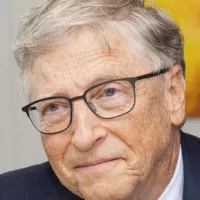
Bill Gates an American businessman and philanthropist revolutionized personal computing...
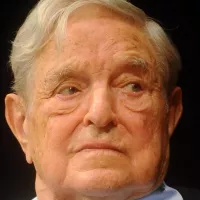
George Soros is a Hungarian-American investor and philanthropist with a...
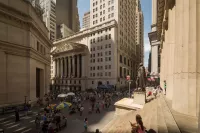
The stock market is where buyers and sellers trade stocks...
CNBC is an American business news channel owned by Versant...
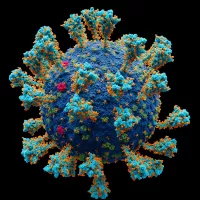
Coronaviruses are a family of RNA viruses affecting mammals and...

Washington D C is the capital city and federal district...
Trending

9 minutes ago Bryce Dallas Howard Celebrates 45th Birthday: A Look at Her Career

9 minutes ago Cameron Brink Reveals Fiancé's Email Introduction and Disappoints Fans with Relationship Status.
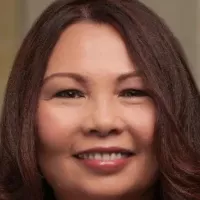
1 hour ago US, Israel launch military operation against Iran, airstrikes kill leader, Gulf earthquake follows.
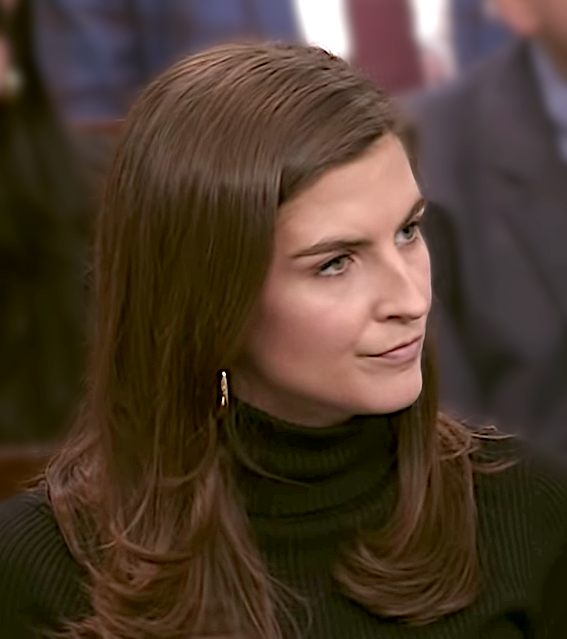
1 hour ago Kaitlan Collins covers Bill Clinton's Epstein testimony and calls out Trump allies.
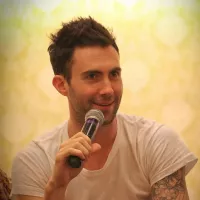
1 hour ago Adam Levine and Behati Prinsloo: Navigating Cheating Allegations and Maintaining Relationship
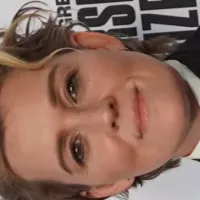
1 hour ago Brandi Carlile Honored as Time's 2026 Woman of the Year, Other News Emerge
Popular

Jesse Jackson is an American civil rights activist politician and...

Hillary Diane Rodham Clinton is a prominent American politician lawyer...

Jim Carrey is a Canadian-American actor and comedian celebrated for...

XXXTentacion born Jahseh Dwayne Ricardo Onfroy was a controversial yet...

Kashyap Pramod Patel is an American lawyer who became the...

Michael Joseph Jackson the King of Pop was a highly...
